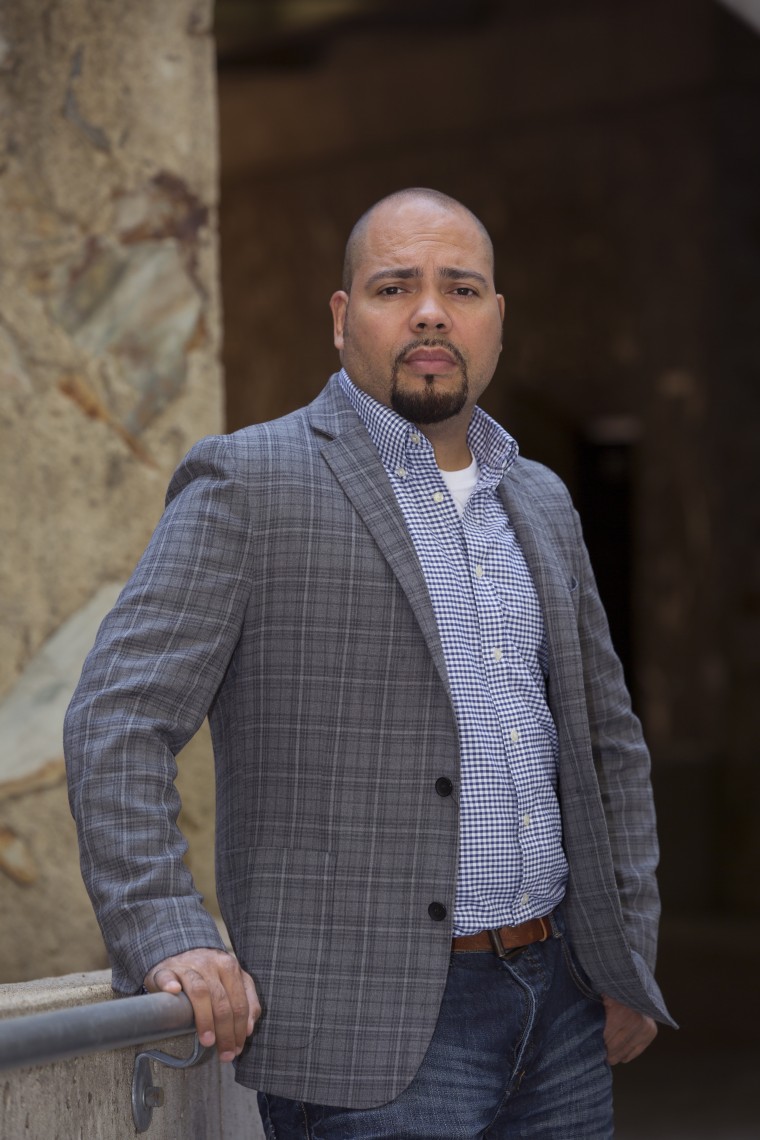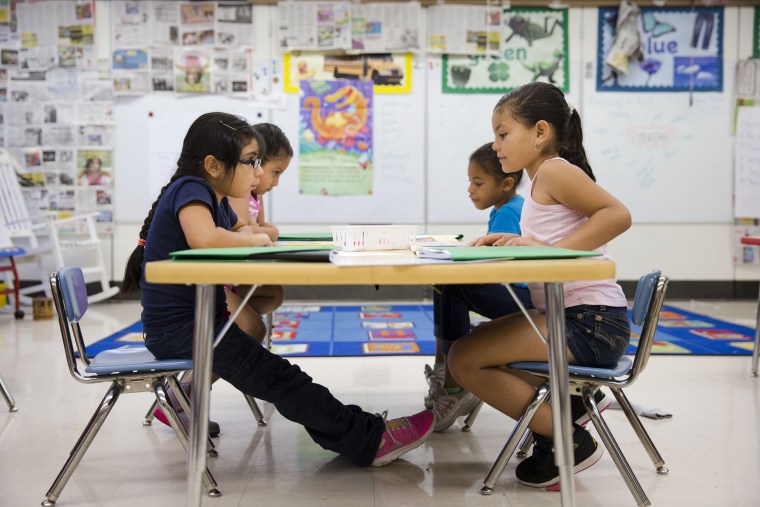
Despite disparaging Latinos through his attacks on Mexico and judges of Mexican descent, Trump vowed to be a champion for Latinos in education. But he's going about it the wrong way.
Donald Trump has tapped billionaire heiress Betsy DeVos as his Secretary of Education to advocate for profit-based "school choice" policies. The American Federation of Teachers has criticized DeVos' public school privatization efforts as a disaster for education. "Betsy DeVos is everything Donald Trump said is wrong in America," said AFT President Randi Weingarten.
Elite and wealthy Americans have poured hundreds of millions of dollars into privatized school choice. Billionaires such as Eli Broad, Bill Gates, the Koch Brothers and the powerful corporate-funded lobby group the American Legislative Exchange Council (ALEC) have focused school reform on public money being directed to corporations, churches and management organizations in the United States.
The billionaires have made simplistic— yet convincing— claims about the benefits of privatized school “choice” for Latinos. No one is claiming that there are not examples of high-quality charter schools or neighborhood public schools. However, the predominance of the peer-reviewed research literature does not support the grandiose claims that billionaires make and instead demonstrates that school choice, on average, does not produce the equity, social justice or Latino student success that proponents spin.
When corporations and churches control the schools, which is the ultimate goal of neoliberal approaches to markets, they control opportunity and access. They determine who can and cannot attend their schools. And it is not in the best interest of children — especially poor children — to create a system that allows corporations and churches to make those decisions about individual students. It’s in the best interest of our democracy to ensure that all schools are open to all children with different types and different abilities.
Several decades of peer-reviewed charter school and voucher research have demonstrated that choice is not a cure-all. In fact, school choice has in many ways enhanced the country's unfortunate and problematic separate and unequal system of schools for many vulnerable students: It often fails to properly serve special needs students such as English Language Learners and it intensifies segregation.
The politics and spin of the school choice conversation has overwhelmed the facts. Everyone believes that parents and families should have choice, and Trump stressed it during his campaign: “If we can put a man on the moon, dig out the Panama Canal and win two world wars, then I have no doubt that we as a nation can provide school choice to every disadvantaged child in America.”
But privatized choice has been problematic. The choice mantra should be wrestled away from the billionaire funders of private-control and privatization of education.
Instead, we should talk more about the alternative. Americans should support community-based democratically controlled approaches to education that Civil Rights organizations such as the NAACP, Journey 4 Justice, and Black Lives Matter have supported. We should be looking at innovative forms of democratically controlled schools such as open-enrollment magnets, in-district charters and community schools with wraparound services.
Additionally, we must hold the President and legislators accountable to fund what national polling has demonstrated parents want to choose in their neighborhood public schools— more parental involvement, less testing, smaller class sizes, quality teachers and less hunger.
The elephant in the room in our country is the unfortunate and consistent choice made by policymakers to talk incessantly about school choice while purposefully failing to deliver the resources to provision parental choices in both rich and poor schools.
Julian Vasquez Heilig is Professor of Educational Leadership and Policy Studies and the Director of the Doctorate in Educational Leadership at California State University Sacramento. He also serves as the California NAACP Education Chair.
